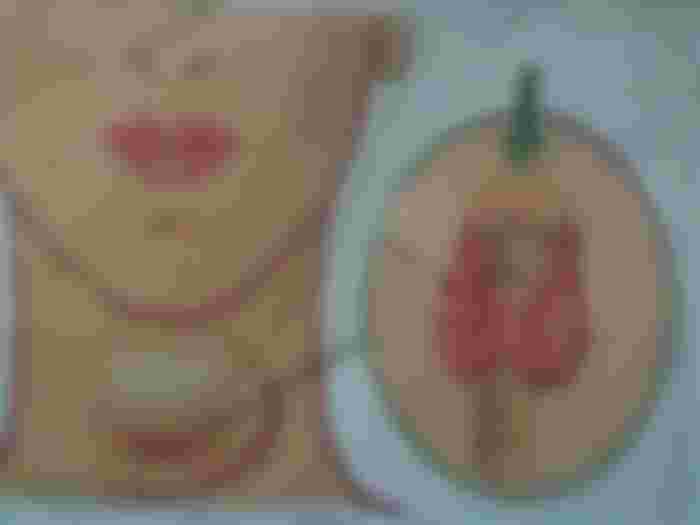What is the thyroid?
Your thyroid is a small gland found at the base of your neck, just below your Adam's Apple. The thyroid produced two main hormones called T3 and T4.These hormones travel in your blood to all parts of your body the thyroid hormones control the rate of many activities in our body. These includes how fast you burn calories and how fast your heart beats.All of these activities together are known as your body's metabolism.A thyroid that is working right will produce the right amounts of hormones needed to keep your body's metabolism working at a rate that is not too fast or too slow .
What kinds of thyroid problems can affect women?
Women are more likely than men to develop thyroid disorders. Thyroid disorders that can affect women include:
1. Disorders that cause hyperthyroidism
2. Disorders that cause hypothyroidism
3. Thyroid nodules, thyroiditis, thyroid cancer, Goiter
What is hyperthyroidism?
Some disorders cause the thyroid to make more thyroid hormones than the body needs.This is called hyperthyroidism or over active thyroid. The most common cause of hyperthyroidism is Graves' disease.Graves disease is an autoimmune disorder in which the body's on defence system called the immune system stimulates the thyroid. This cause it to make too much of the thyroid hormones .Hyperthyroidism can also be caused by thyroid nodules that prompt excess thyroid hormones to be made.
What are the symptoms of hyperthyroidism?
At fast you might not notice symptoms of hyperthyroidism. They usually begin slowly but over time, a speeded up metabolism can cause symptoms such as weight loss even if you eat the same or more food.
Eating more than usual?
Rapid or irregular heartbeat or pounding of your heart .
Anxiety
Irritability
Trouble sleeping
Trembling in your hands and fingers
Increased sweating
Increased sensitivity to hear
Muscle weakness
More frequent bowel movements
Less frequent menstrual periods with lighter than normal menstrual flow .
In addition to these symptoms people with hyperthyroidism may have osteoporosis ,or weak brittles bones. in fact hyperthyroidism might affect your bones before you have any of the other symptoms of the disorder disease specially true of postmenopausal women, who are already at high risk of osteoporosis.
What is hypothyroidism?
hypothyroidism is when your thyroid does not make enough thyroid hormones. it is also called underactive thyroid. The most common cause of hypothyroidism in the United States is hashimoto's thyroiditis. Hashimoto's thyroiditis is an autoimmune disease in which the immune system mistikenly attacks the thyroid. This attack damages the thyroid so that it does not make enough hormones hypothyroidism also can be crossed by treatment of hyperthyroidism.
Radiation treatment of certain cancers
Thyroid removal
in rare cases, problems with the pituitary gland can cause the thyroid to be less active.
What are the symptoms of hyperthyroidism?
symptoms of hyperthyroidism tend to develop slowly often over several years.At first ,you may just feel tired and struggle later you may develop other symptoms of a slowed down metabolism including:
weight gain, (ever though you are not eating more food )increased sensitivity to cold ,constipation,muscle weakness, joint or muscle pain, depression, fatigue( feeling very tired) pale dry skin ,a puffy face, a horse voice, eccessive menstrual bleeding.

In addition to these symptoms, people with hypothyroidism may have high blood level of LDL cholesterol. This is the so called bad cholesterol, which can increase your risk for heart disease.
What are thyroid nodules?
A thyroid nodule is a swelling in one section of the thyroid gland. The nodule can be solid or filled with fluid or blood .you can have just one thyroid nodule or many .most thyroid nodules do not cross simple terms but some thyroid nodules make too much of the thyroid hormones crossing hyper thyroid ISM sometimes nodules get to be big enough to cause problems with swalloing or breathing in fewer than 10% of cases thyroid nodules are cancerous.


